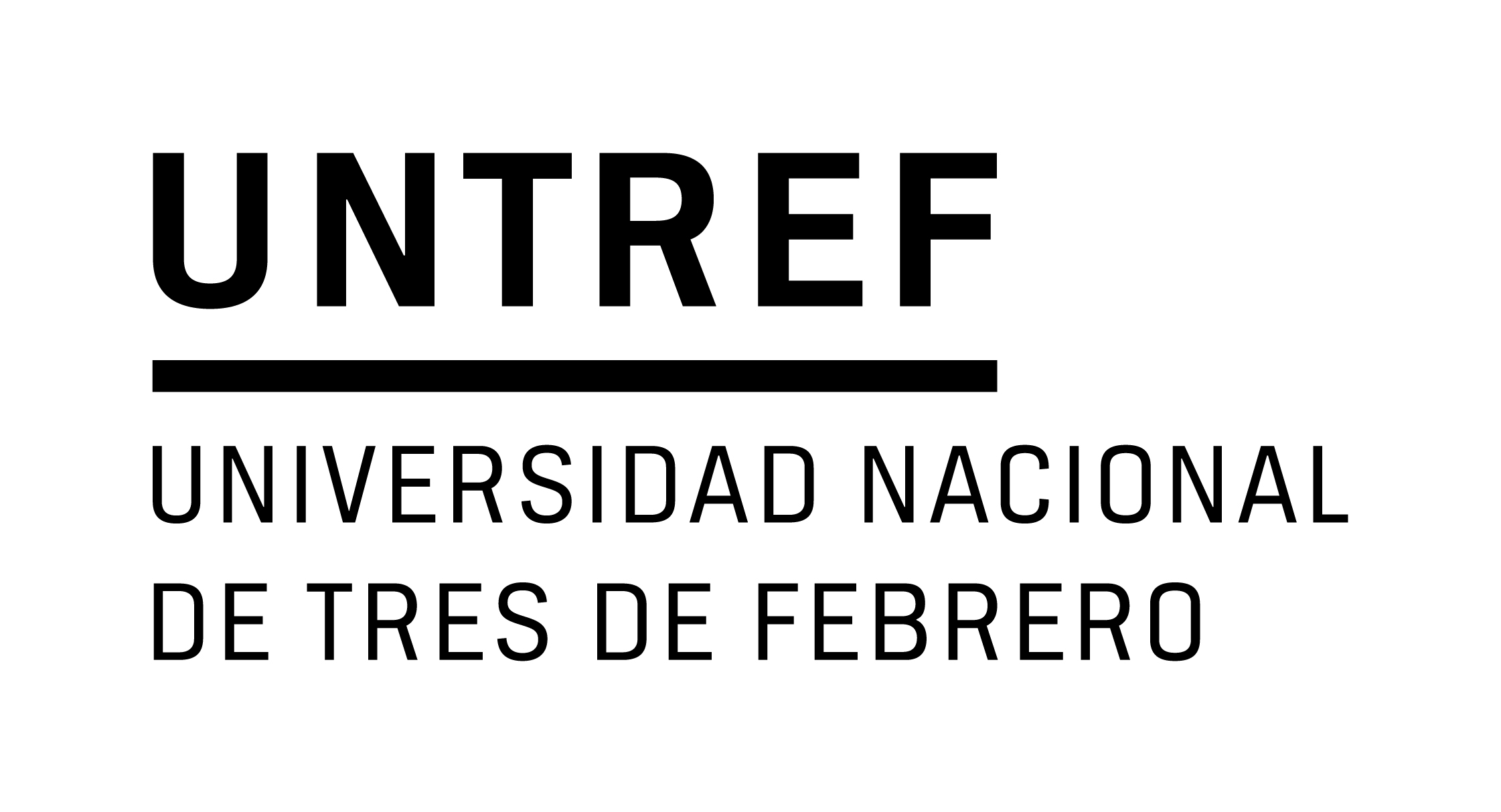El mundo oculto del multilateralismo : Compromisos convencionales de los estados recientemente democratizados en Europa
Por: Milewicz, Karolina M .
.
Colaborador(es): Elsig, Manfred .
.
Tipo de material:  Artículo Tipo de portador: ImpresoTema(s): MULTILATERALISMO
Artículo Tipo de portador: ImpresoTema(s): MULTILATERALISMO| Tipo de ítem | Ubicación actual | Signatura | Info Vol | Estado | Fecha de vencimiento | Código de barras | Reserva de ítems |
|---|---|---|---|---|---|---|---|
| Publicación Periódica | Biblioteca UNTREF - Sede Posgrados | H327/QUA (Navegar estantería) | Vol. 58, no. 2 (jun. 2014) | Disponible | 2.007833 |
Why do new EU democracies engage in multilateralism? The dominant explanation proposes that new democracies use international treaties to lock in domestic reforms. This article offers a novel explanation as to why new EU democracies participate in multilateral treaties. We argue that ratifying a treaty serves three external signaling purposes (recognition concerns, increasing strategic autonomy, and pleasing the European Union). We test our argument through a mix of quantitative and qualitative methods. First, we apply event history analysis. Drawing on a new ratification data set comprising 76 multilateral treaties, we illustrate the prominent role of new EU democracies in multilateralism as compared to other new democracies. Second, to assess the importance of external signaling in the decision to ratify multilateral treaties, we examine parliamentary ratification debates in selected Central and Eastern European countries. Third, we compare parliamentary discussions across European and non-European new democracies to demonstrate the different motives driving their approaches toward multilateralism.
